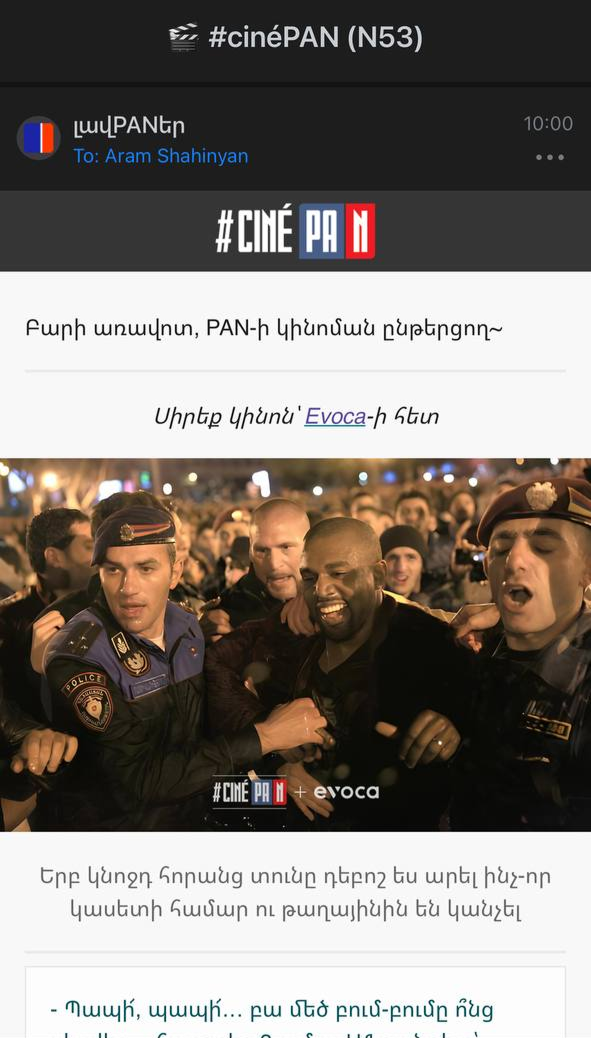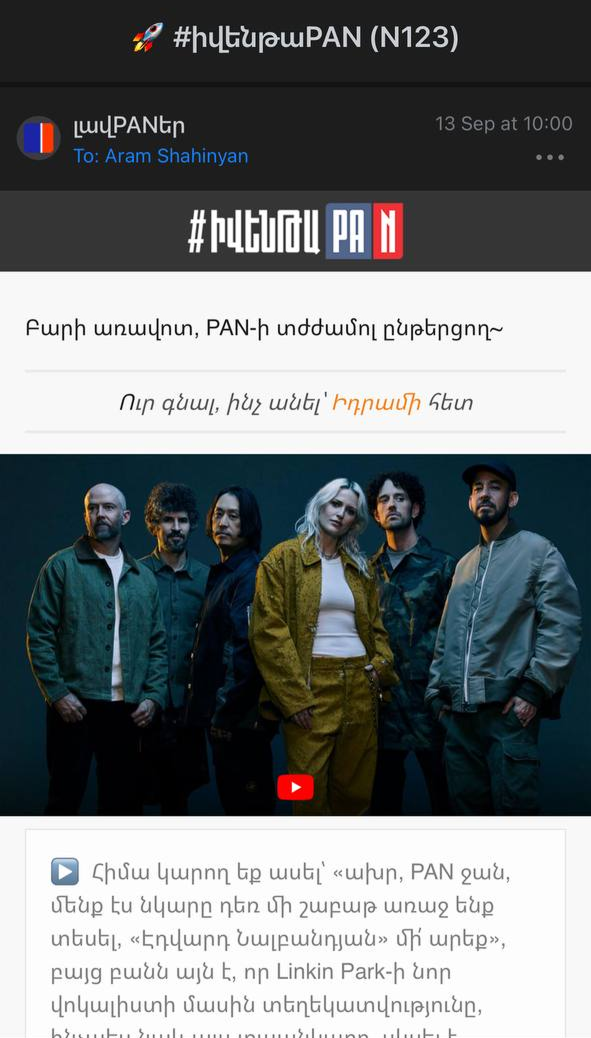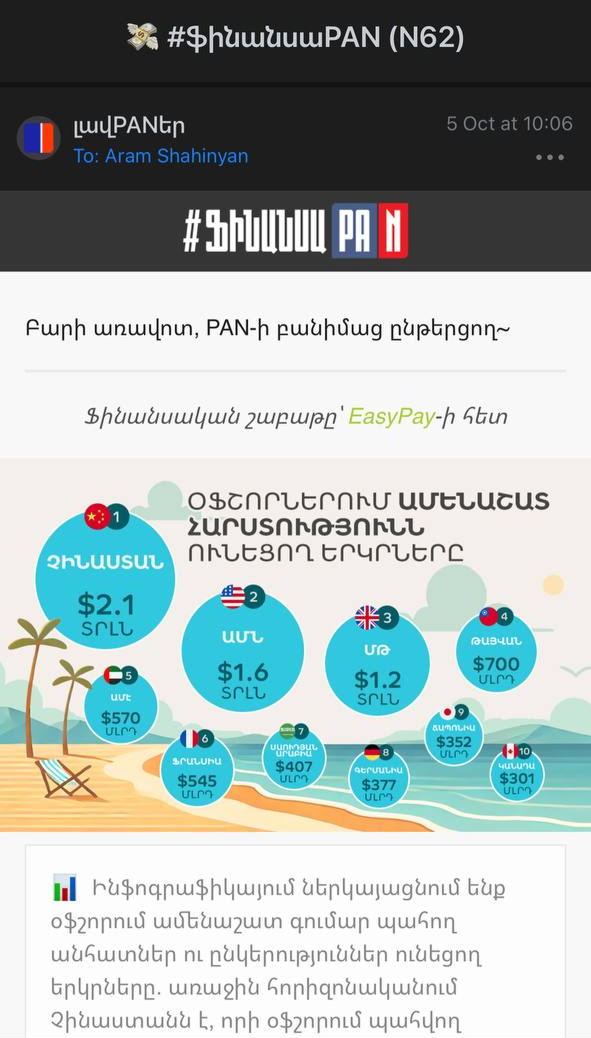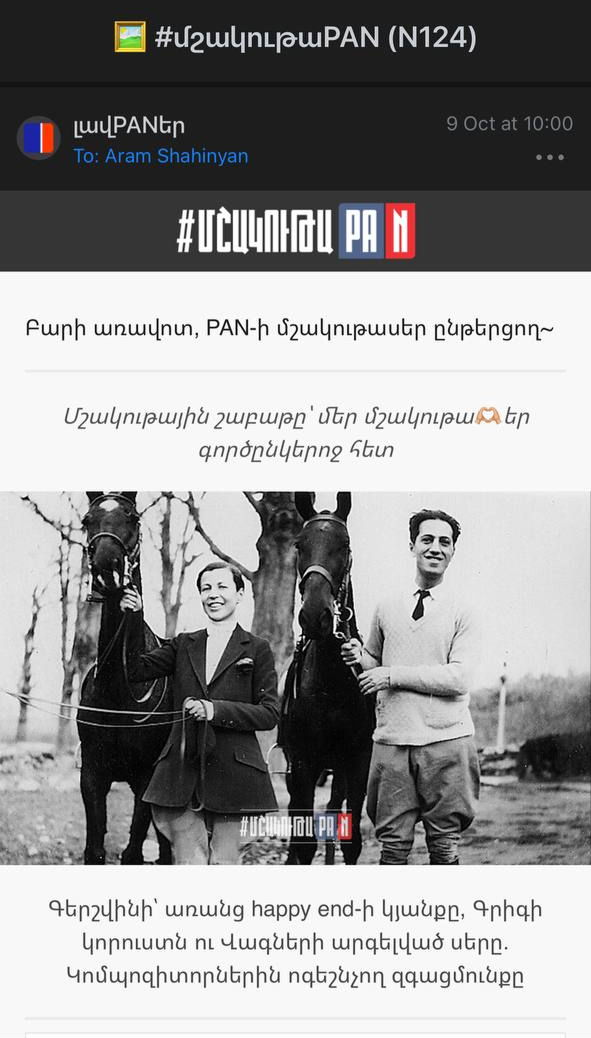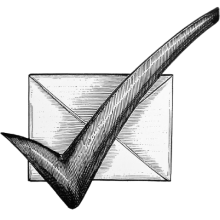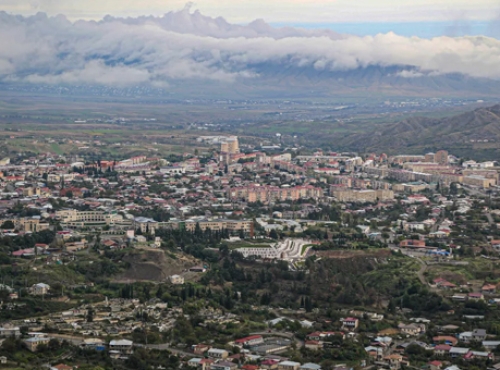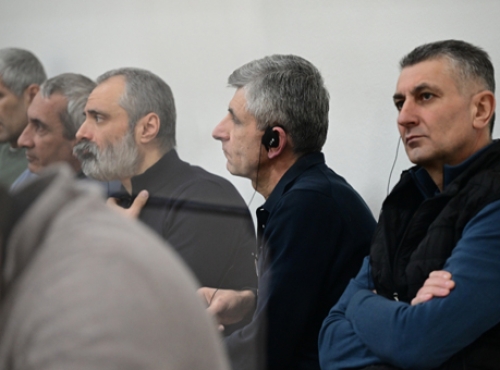A Turkish businessman from the southeastern province of Gaziantep has filed a lawsuit against French President Nicolas Sarkozy, four Istanbul-based Armenian foundations and other parties for gold allegedly stolen from his great grandfather in 1915.
“This suit could be perceived as a superficial one, but it is not. There are many people in waiting in Gaziantep in the event that we win the suit. Our victory will encourage them, too,” lawyer Derya Çiçek, who represents litigant Ahmet Karadag in court, said.
Karadag filed the suit for 15,000 euros in pecuniary and non-pecuniary damages against Sarkozy, the French state, the Armenian community of France and four Armenian foundations in Istanbul in the wake of the bill criminalizing the Armenian Genocide denial recently approved by the French Senate.
The French military allegedly killed Karadag’s great grandfather, Mustafa Karadag, in 1915 and seized 3.5 tons of gold from him, the litigators said in the petition.
“There are no Armenian foundations in Gaziantep. Had there been [Armenian foundations there], we would also have [filed lawsuits] against them, as it was the Armenians who attacked the Turks,” Çiçek said when asked about why they chose to sue Armenian foundations in Istanbul for a bill that was drafted in France.
Among the foundations being sued in court is the Karagozyan Armenian Orphanage in Istanbul’s Şişli district, which provided a safe haven for hundreds of orphaned children in Anatolia during 1915 Genocide. The institution still continues to serve orphans and the children of families in need today.
Çiçek also said they would conduct research on the matter in the archives of the Turkish Parliament and the Turkish Historical Institute, Hürriyet Daily reported.
On January 23, the French Senate passed the bill criminalizing the Armenian Genocide denial with 127 votes for and 86 against. Expected to be signed into law by President within 14 days, the bill will impose a 45,000 euro fine and a year in prison for anyone in France who denies this crime against humanity committed by the Ottoman Empire.
Two separate groups of French politicians who oppose the legislation – from both the Senate and the lower house – said they had formally requested the constitutional council examine the law. The groups said they each had gathered more than the minimum 60 signatures required to ask the council to test the law's constitutionality. The council is obliged to deliver its judgment within a month, but this can be reduced to eight days if the government deems the matter urgent.









